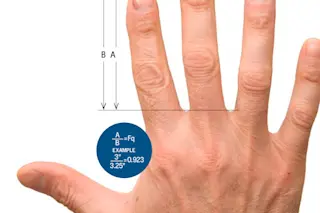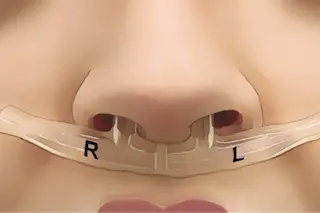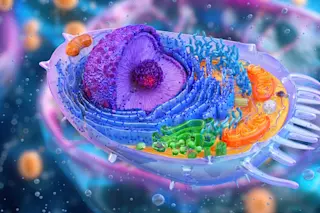Researchers have discovered that a quick study of the hands — more specifically, the lengths of the index and ring fingers — can tell a lot about a person’s personality and risk of disease. Of course, your digits don’t actually control these issues; it’s closer to the other way around.
In boys, “during fetal development there’s a surge in testosterone in the middle of the second trimester” that seems to influence future health and behavior, says Pete Hurd, a neuroscientist at the University of Alberta. One easy-to-spot result of this flood of testosterone: a ring finger that’s significantly longer than the index finger.
Scientists are not at the point where they can factor in finger length to arrive at a diagnosis, but they’ve gathered evidence that shows how this prenatal hormone imbalance can affect a person for life, from increasing or decreasing your risk of certain diseases, to predicting how ...














